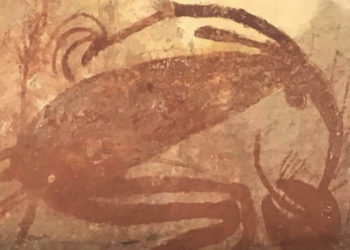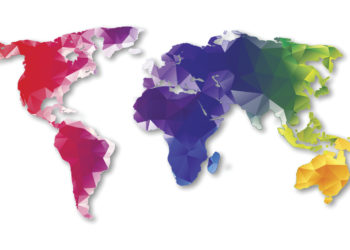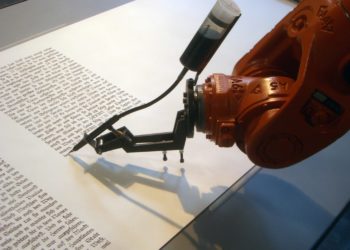Tuesday was International Day of Women and Girls in Science. To mark the occasion, I took the opportunity to speak with a few of the 1,600+ female early-career researchers who participated in the most recent AuthorAID online course in research writing in the sciences. (Full disclosure: AuthorAID is a project of INASP, my employer. AuthorAID particularly aims to support early-career researchers in low- and lower-middle-income countries as they navigate the publishing system and communicate their research).
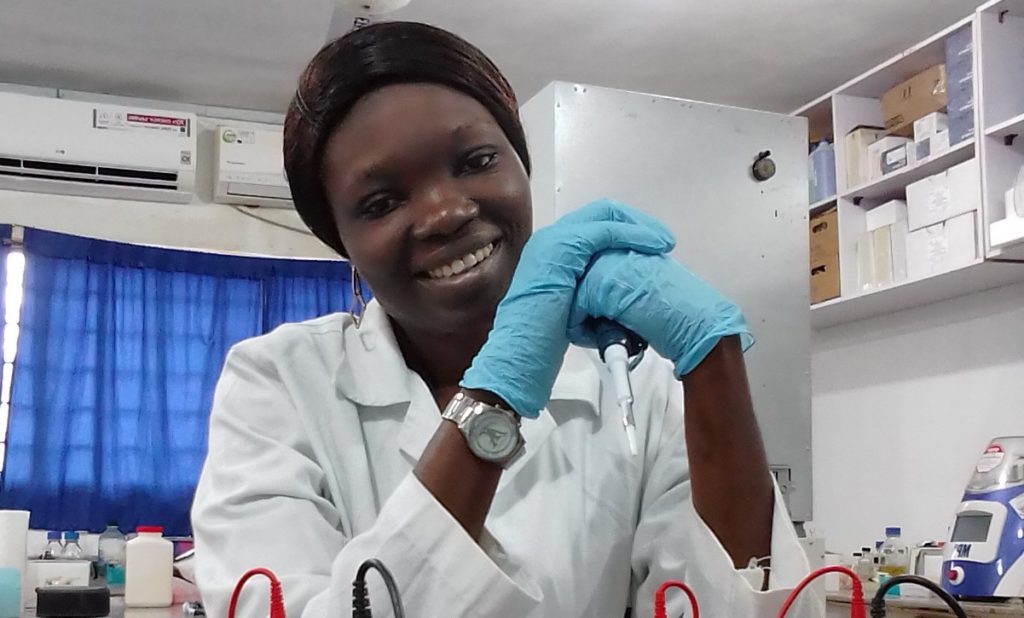
The research stories of these inspiring women can be found here but I want to share a few things that particularly struck me:
A passion for research
The researchers I spoke to work in a range of scientific, engineering, and medical fields in countries across Africa and Asia. Their experiences and interests were diverse, but a common thread ran through their responses: a passion and determination about their research and its potential for positive impact.
In western Uganda, for example, civil engineer Pedzisayi Joy Makumbe from Zimbabwe is focused on helping ensure clean water for remote communities. In Nepal, Shobha Poudel is motivated by a “desire to improve food security and agricultural production for my country and enhance the resilience of the vulnerable people”. Meanwhile, in remote parts of Sudan, Rawa Ali Hamad Badri is enthusiastic about helping in the prevention and control of the neglected tropical disease mycetoma.
A range of challenges
When asked about challenges, many of the responses I received did not mention gender. The challenges of women researchers are often the challenges of all researchers and particularly researchers in less well-funded countries and research settings.
Some researchers highlighted issues of research funding and access to the latest research information. I have observed here, and in other conversations, that this issue is often particularly mentioned in countries like Nigeria that face many research challenges but fall outside the criteria of various initiatives to support researchers in low-income countries. A related issue mentioned is access to research funding. Telecoms engineer Amal Hassan from Sudan also mentioned the challenge that sanctions can have on access to research resources.
Limitations in standardized procedures for record keeping was also mentioned, as was the challenge of connecting with the people who will benefit from the research. For example, Dhanesha Nanayakkara, a plant scientist in Sri Lanka, spoke of “limited experimental fields, scarcity of government support and poor connection between the researchers and the farmers”.
For Akinde Halimat Afolasade in Nigeria, there were extra challenges doing research in a rural setting while needing to use a stick to help her walk – but, as she powerfully points out: “Disability is not inability”.
Gender can add extra challenges
Although there are many research challenges, some of the people I spoke to specifically mentioned their gender in their lists of challenges. People spoke about implications for home and family life of travelling away for field work and about women not being expected to pursue science and engineering subjects.
They also spoke about the challenges of expectations. As Shobha Poudel, a climate and agriculture researcher in Nepal, observed, “Of course, it is hard to be a woman in research in a developing country like Nepal. Sometimes people think a woman is just a housewife, for rearing children and taking care of the family.”
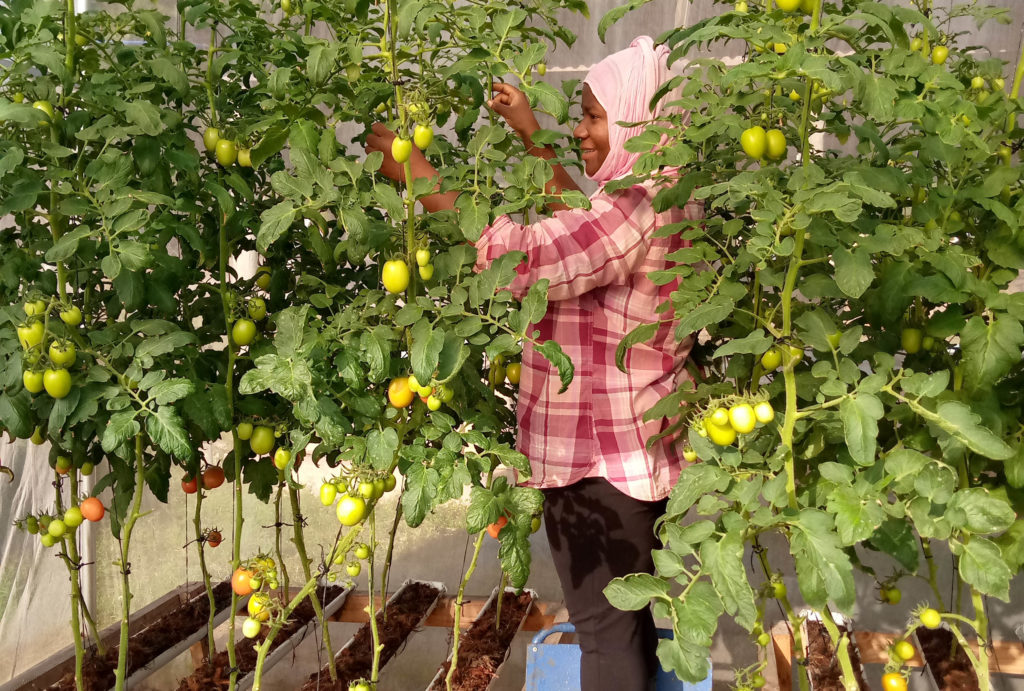
A desire to inspire
Despite potential challenges, the people I spoke to were overwhelmingly encouraging to women and girls who might want to go into their research fields. As Rwandan civil engineer Marie Grace Umumararungu urged: “View the challenges you will face as empowering stepping stones. Seriously girls, if you are going to pay for college today, I recommend choosing a STEM field. I have no regrets! I’m truly excited about engineering career opportunities for women because we haven’t reached the maximum impact STEM will have in the future.”
What was clear was that the value of the research was the important thing, not gender limitations. As Nigerian haematologist Angela Ogechukwu Ugwu said: “Research has no limits to one’s sex or background. Everyone is encouraged to make a contribution to the world of knowledge.”
Going beyond individuals
Such passion and commitment at the research level should also be reflected at senior management and policy levels. I am writing this post from Addis Ababa, Ethiopia, where I am here for a gender champions’ workshop organized by the Ethiopian Academy of Sciences (EAS) and INASP.
This meeting follows on from work over the past two years facilitated by EAS and INASP looking at how we can foster an inclusive research and knowledge system in Ethiopia that enables a diversity of voices, perspectives and talents to contribute to building this system to support national development. One component that was identified as needing to be addressed for this vision was that gender inequity is a major challenge in research and higher education in Ethiopia – as it is globally.
According to the World Economics Forum’s latest Global Gender Gap report (pages 157-158), around twice as many men as women enroll in higher education in Ethiopia. Statistics from within the country also show that a higher proportion of males than females drop out of university once they are there. Part of the challenge may be a lack of female role models; of 140 vice president positions within Ethiopia, only 18 are women – and there are no female university presidents.
The meeting that I am currently at includes university leaders, representatives of government ministries, and other gender champions within research institutions. As gender champions, they are all actively involved today in helping to redress gender imbalances in Ethiopia’s higher education and it has been really interesting to hear as they share their experiences. Many also have stories to share that echo the gender challenges I heard from other researchers in the Women in Science stories.
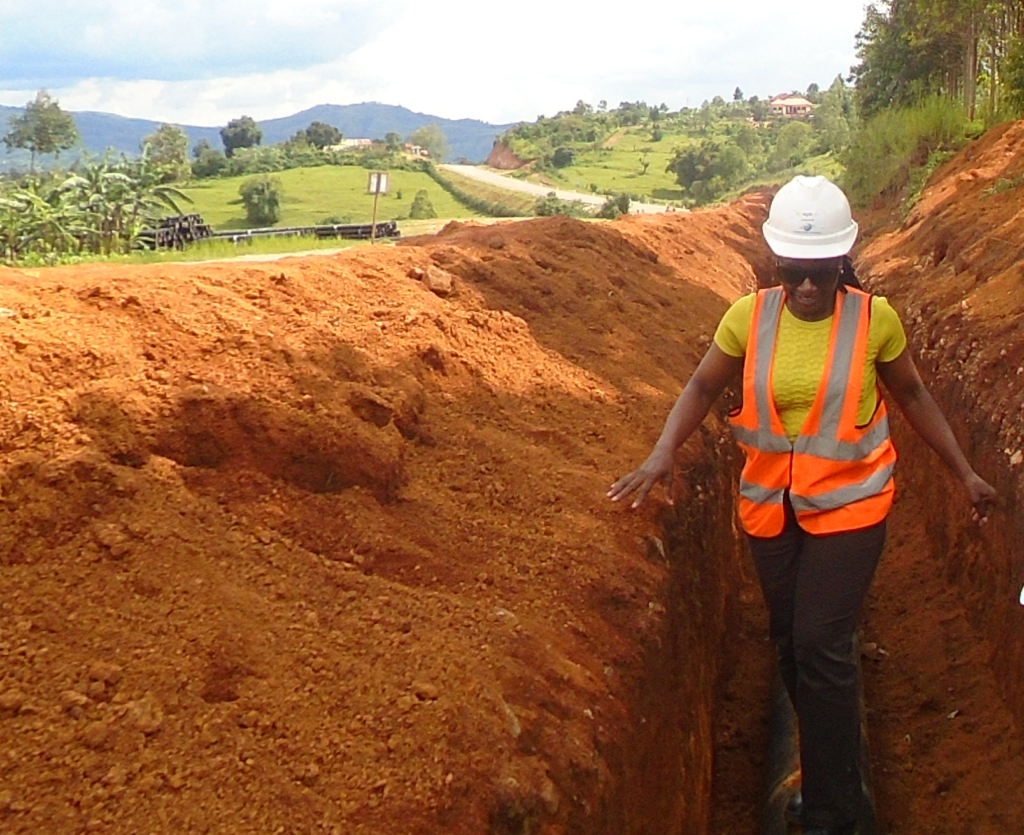
Over the course of these three days we have looked at what gender equity looks like within a Ethiopian setting; considered how gender shapes our steps and actions and how society can reinforce these roles; and worked on institutional action plans to build on work already going on to improve gender equity in universities and research institutions.
We have also spent time thinking about how to most effectively build on the discussions over the week and on the different experiences and networks of the participants. I’ve also been doing some individual interviews to help tell some of the gender stories within Ethiopia’s research and higher education, which I am looking forward to editing and sharing.
Over the coming weeks and beyond, EAS, INASP, and the participants will digest the feedback and make plans for support going forward. It’s too early to discuss details but it is clear that there are many opportunities to strengthen both the formulation and actual implementation of gender policies in the country. It is also clear that there is value in gender champions coming together to work on challenges and celebrate successes at a national level.
Having started my week gathering stories of individual researchers and their research, it has been fascinating to see similar issues scaled up to institutional and national levels. For research – anywhere in the world — to make a difference to the problems it is intended to address, there is a need for passion and commitment from the individual researchers, and a recognition of the many challenges that they can face, as well as the opportunities. There is also a need for an enabling environment, supported by institutional and government policies, and for equity champions to work together to ensure that nobody is excluded as a result of gender or any other factors.
